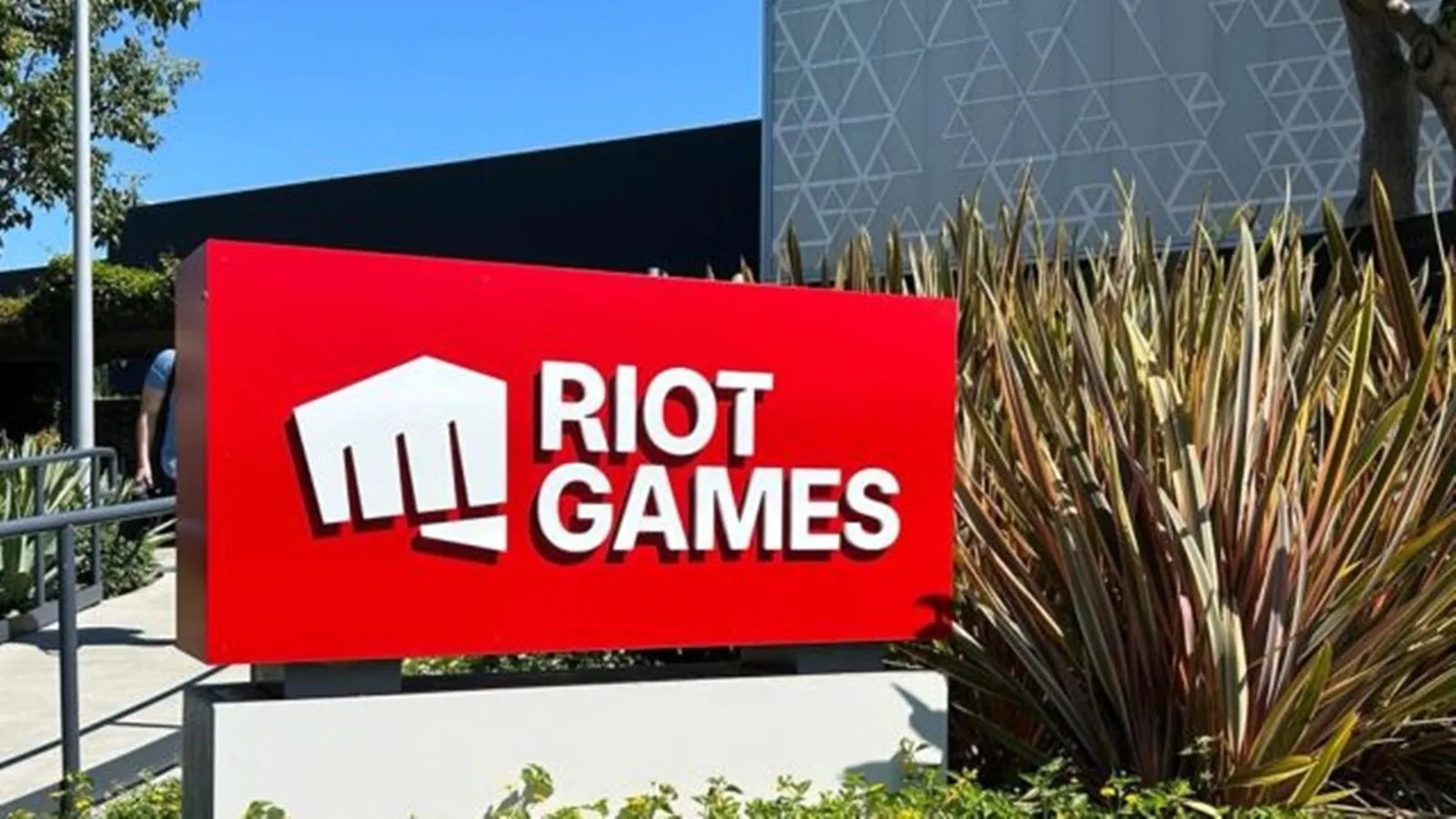The Los Angeles-based gaming giant revealed plans to cut approximately 11% of its global staff, translating to 530 job losses.
In a strategic move to address growing operational costs, Riot Games, a subsidiary of Tencent Holdings and renowned for popular titles like League of Legends and Valorant, has announced a substantial reduction in its workforce. The Los Angeles-based gaming giant revealed plans to cut approximately 11% of its global staff, translating to 530 job losses.
The decision, communicated to employees by Riot Games’ Chief Executive Dylan Jadeja, comes as a response to the company’s acknowledgment that its costs have escalated to unsustainable levels. The layoffs will primarily impact teams outside of core development, signaling a shift in focus towards optimizing resources in the face of industry challenges.
Riot Games, like several other gaming industry giants, has fallen victim to the broader trend of downsizing that has unfolded over the past year. Major players such as Amazon, ByteDance (owner of TikTok), Epic Games, Ubisoft, and Niantic all implemented staff reductions, attributing the moves to a combination of market dynamics and the aftermath of pandemic-induced hiring surges in 2020.
The gaming sector witnessed an unprecedented surge in demand during the global lockdowns, prompting many companies to significantly expand their workforce. However, as the world gradually returned to normalcy, sales growth began to taper off. Consumers, facing economic uncertainties and high inflation, became more cautious in their spending, impacting the sales of expensive gaming titles.
Riot Games explicitly recognized its own rapid expansion, revealing that its headcount had more than doubled over the past few years. Dylan Jadeja highlighted the need for the company to regain a sharper focus, stating, “Today, we’re a company without a sharp enough focus, and simply put, we have too many things underway.”
In an effort to streamline operations and concentrate on core offerings, Riot Games outlined plans to discontinue new game development under Riot Forge, a subsidiary dedicated to publishing third-party games. Additionally, the company will make adjustments to Legends of Runeterra, acknowledging that the performance of certain features did not meet expectations.
Despite the industry-wide challenges, Riot Games remains committed to its portfolio of live games, including the immensely popular League of Legends, Valorant, Teamfight Tactics, and Wild Rift. These titles continue to enjoy a dedicated player base, providing a stable foundation for the company to weather the ongoing changes in the gaming landscape.
Tencent, which acquired a majority stake in Riot Games in 2011, is a key player in the gaming industry, also holding a stake in Epic Games. The move to restructure Riot Games’ operations aligns with broader industry trends as companies seek to adapt to evolving market conditions, ensuring sustainability and competitiveness in the ever-changing world of online gaming.
As Riot Games navigates this period of transformation, industry observers will be keenly watching to see how the company’s strategic realignment impacts its future development initiatives and its ability to maintain its standing as a powerhouse in the global gaming landscape.
